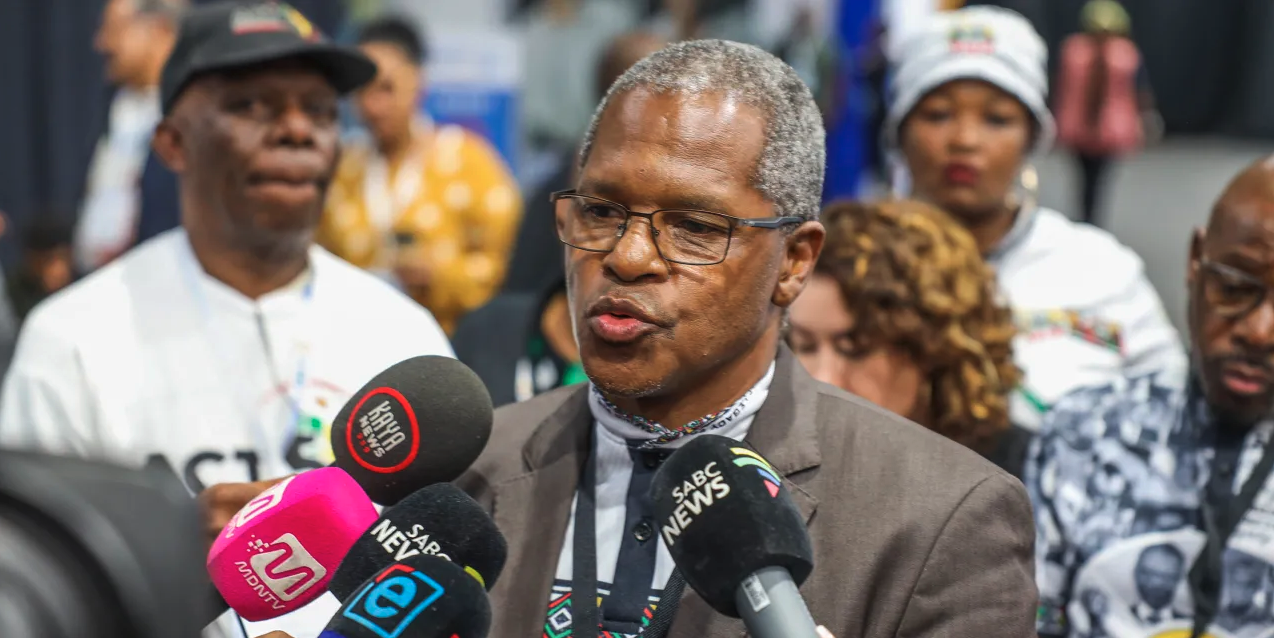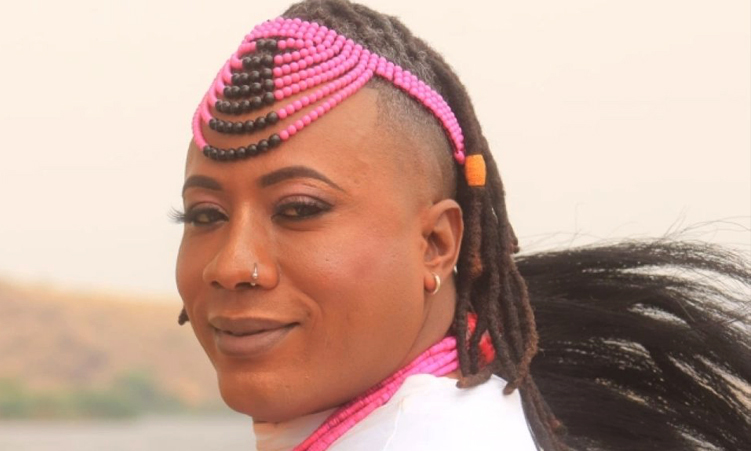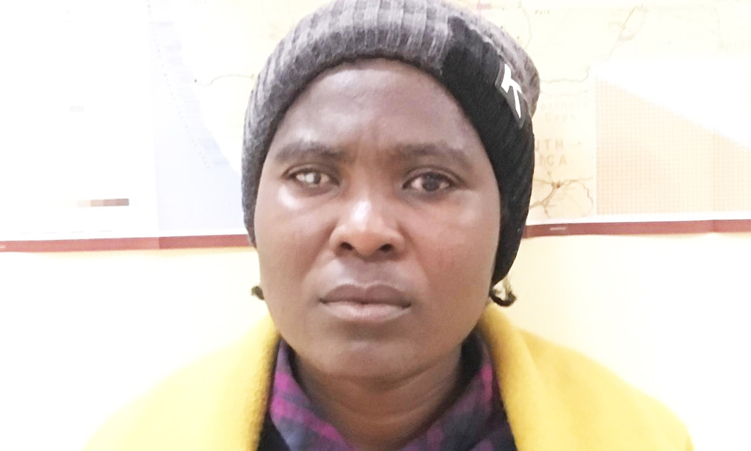The IFP has urged the ANC and DA to put their differences aside and fast-track Cabinet negotiations for the sake of the country. This follows protracted talks, a number of stalemates and leaked letters hinting at strife between the two largest political parties.
IFP leader Velenkosini Hlabisa has raised alarm bells about the pace of Government of National Unity (GNU) talks between the ANC and DA, which have not yielded an outcome, nine days after Cyril Ramaphosa’s inauguration.
Speaking at a press briefing in Durban, KwaZulu-Natal, on Friday, 28 June, Hlabisa emphasised the need for the country to move forward and fill its governance vacuum
“The whole country, voters, the continent of Africa and the international community is looking at the President who has the power to make a decision. The country cannot be kept at a stalemate for too long …”
The IFP believes that those involved should finalise the issues.
“It is essential that the President, as the Constitution allows him, be able to reach the stage of announcing the new Cabinet. The IFP is thus calling on the ANC, the DA and any other party, to conclude the outstanding issues between them without further delay,” he said.
The IFP is a founding member of the GNU as it was the first party to announce that it would be joining the pact, shortly after the 2024 local and national elections.
On Friday, Hlabisa reiterated the party’s commitment to the GNU, adding that it is ready to play its part in service to the nation.
“An agreement must be reached on a win-win that enables South Africa to move forward.
“In the service of our country, it is necessary for us all to put our own interests aside, electing rather to serve the common good. And what is good for our country at this critical juncture, is to move forward with the work of governance,” he said.
Bone of contention
South Africans have been on tenterhooks while GNU negotiations continue behind closed doors. The main contention between the two biggest parties has centred on Cabinet positions with the DA initially requesting that it have 12 members in the national executive.
This demand was widely criticised, with the ANC alliance’s partner the SA Communist Party slamming the DA.
The ANC and DA are set to meet in Tshwane late on Friday in what is expected to be the final meeting between the two parties as they near the conclusion of discussions on forming a new government.
Altogether 10 parties have signed up to the GNU.
The DA is said to be going into the meeting with the goal of trying to convince the ANC to reconsider including the Department of Trade, Industry and Competition (DTIC) portfolio, which the DA has a strong interest in running. The party is reportedly willing to drop its demand for eight Cabinet ministers and accept the ANC’s offer of six if it can secure the DTIC.
The ANC backtracked on its offer to appoint a DA member as DTIC minister, angering the DA and exacerbating the stalemate between the two parties.
A meeting of the DA’s federal executive aimed to address the latest impasse concluded with a resolution to continue discussions.
Without providing further details, ANC secretary-general Fikile Mbalula said on Friday that the GNU discussions are almost finalised, “in the best interest of all South Africans. It will be done as promised”.
Why is the DTIC ministry so important?
The DTIC minister is responsible for a range of critical economic functions, including increasing the contribution of small, medium and micro-sized enterprises to the South African economy, ensuring the implementation of Broad-Based Black Economic Empowerment (B-BBEE) across all sectors, increasing foreign direct investment and expanding market access opportunities for the export of South African goods and services.
The DA’s policy on B-BBEE is what stands in the way of the party getting this portfolio. The ANC had initially agreed to hand over DTIC to the DA, but internal ANC debates led to the party reneging on the offer.
In place of B-BBEE, the DA proposes an economic justice policy that it claims bases preferential government procurement on the globally recognised Sustainable Development Goals model, choosing competent companies that make a positive socio-economic contribution to the poor black majority.
The DA argues that this model promotes investment, as investors, shareholders and analysts look for companies with strong SDG awareness and commitments, rather than investors being deterred by the B-BBEE model.
Stay informed with The Namibian – your source for credible journalism. Get in-depth reporting and opinions for
only N$85 a month. Invest in journalism, invest in democracy –
Subscribe Now!






